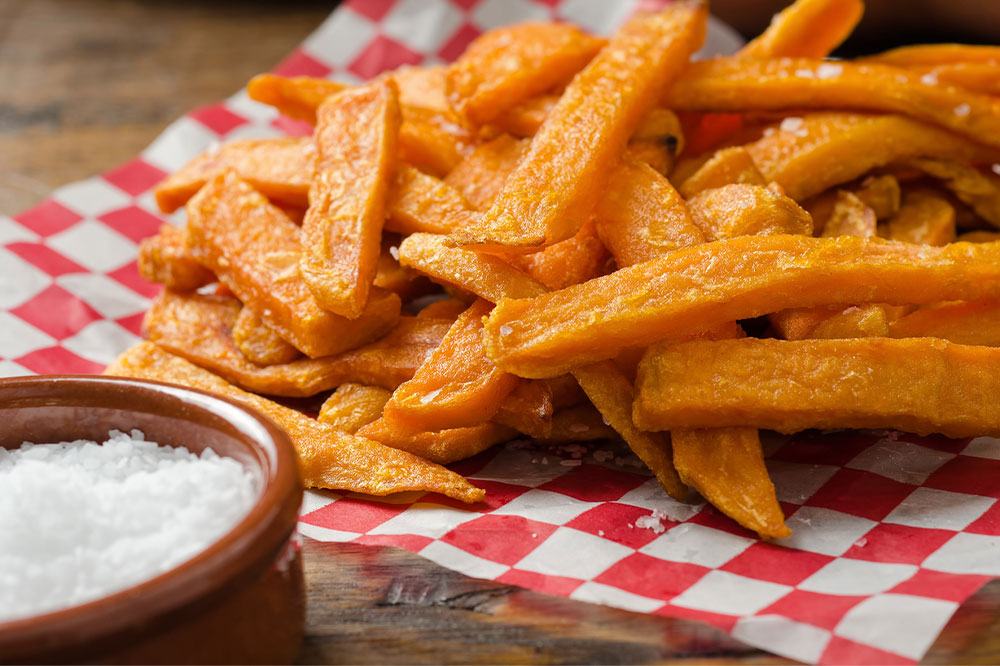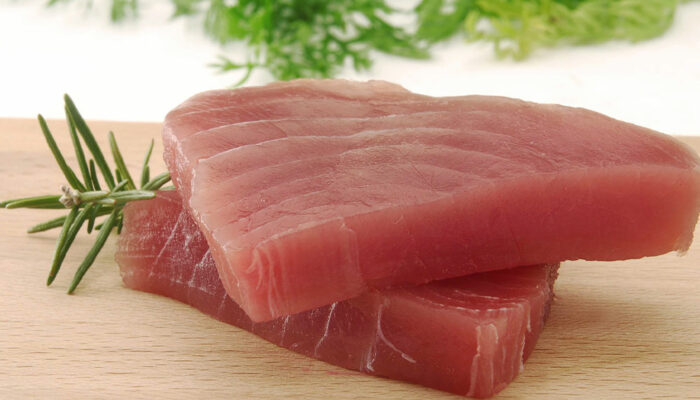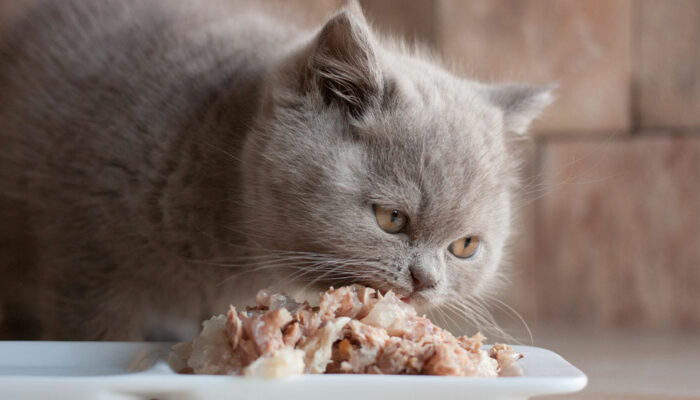5 foods to avoid when dealing with bronchitis

Bronchitis is an illness brought on by inflamed bronchial tubes—the airways to your lungs. These tubes become swollen, making it harder for air to pass through and causing breathing issues, throat pain, and cough. Along with the doctor’s prescribed treatment, one can make certain lifestyle changes to deal with the condition, such as limiting and avoiding food items that could hurt the health of the lungs. Some foods one should avoid are:
1. Red Meat
Red meat is difficult to digest, and when one is affected by respiratory conditions such as asthma or bronchitis, digestion is already slower than usual. So, it could take up to 3–4 times longer to digest this heavy food item. A slow digestive system could result in inflammation and obstruction in the respiratory system, which can cause pain in the throat, persistent cough, and breathing issues. Additionally, a 2017 study in the Journal of the American College of Nutrition discovered that the consumption of processed and red meats is connected with inflammatory indicators in both men and women.
2. Excessive salt
In people with lung disease, excess sodium induces fluid retention, which can result in breathlessness. Even though table salt is the most popular source of sodium, the majority of our daily sodium intake comes from the food we eat. So one should reduce salty snacks and read the labels to make sure the food products they buy do not contain more than 300 milligrams of salt per serving. It is better to use herbs and spices instead of salt to season food.
3. Sugary drinks
One should choose water or drinks with no added sugar to avoid fizzy drinks and protect lung health. According to a 2019 study, children and adults who consume more than five sweetened soft drinks per week are more likely to suffer from chronic bronchitis and asthma. Even sugar-free soft drinks can harm the lungs when accompanied by other unhealthy lifestyle habits. Aerated drinks frequently contain artificial sweeteners, preservatives, and colors, none of which are good for people with bronchitis. One’s ability to breathe could be affected by the pressure exerted in the center of the torso from the carbonation in these beverages. Additionally, caffeine, sweets, and sugar substitutes in these drinks have little nutritional value. One should increase their water intake to stay hydrated and give the body adequate fluid to perform all metabolic functions. Sodas, energy drinks, colas, and other aerated beverages should be avoided.
4. Dairy
Research suggests that dairy products such as cheese, yogurt, and milk can reduce one’s risk of lung cancer. Dairy products are linked to anti-inflammatory characteristics. However, casomorphin, a substance that is produced when milk is digested, stimulates the production of phlegm and mucus. This can lead to more coughing, which might make people with COPD experience wheezing and pain. Reducing one’s dairy intake by switching to milk substitutes such as almond, oat, or soy milk instead of lactose can help avoid worsening bronchitis symptoms.
5. Fried foods
Foods such as French fries and onion rings contain harmful fats that can exert pressure on the diaphragm and cause bloating and pain. Such foods can eventually result in elevated cholesterol levels and weight gain, in addition to the discomfort to the lungs brought on by bloating. This can worsen lung disease symptoms. In addition to causing indigestion, unhealthy fats can produce gas, exacerbating respiratory issues like bronchitis. Those with COPD should stay away from spicy and fried foods. It is also important to avoid fast food restaurants and drive-throughs to reduce the intake of fried foods.
The best strategy to improve one’s overall health is to ensure proper nutrition and adopt good eating habits.



